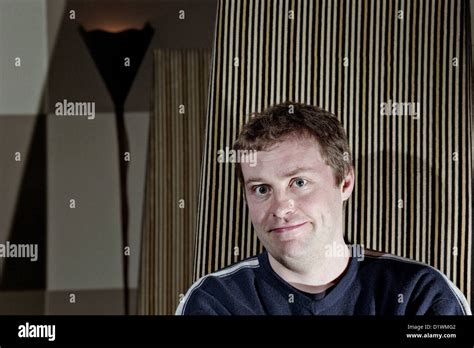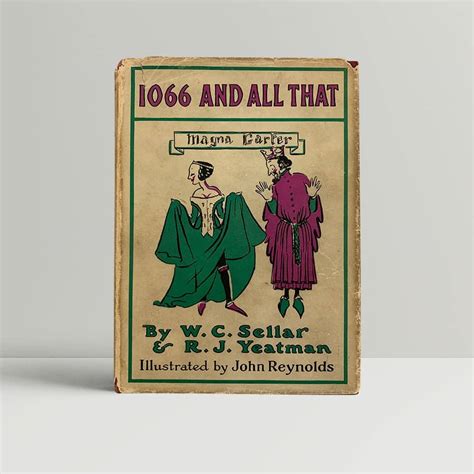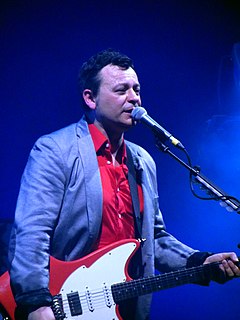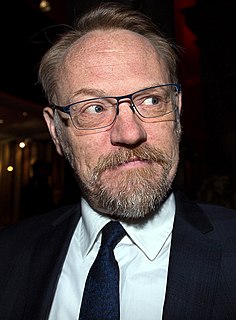A Quote by Ardal O'Hanlon
Father Ted' was written by Irish people, so that was fine, but around the time we were shooting it 'EastEnders' went to Ireland and represented it as this terribly backward society where people were going around with one eye and drunk.
Related Quotes
The people I've met -- obviously, the people I'm going to meet after concerts are people that bother to hang around and there's going to be more of a chance of things translating to them because they're going to take more time over it, if they're going to wait around to meet us. But so far, it does seem as if things written down are translating into people actually buying it, that kind of way.
Prophet just means intellectual. They were people giving geopolitical analysis, moral lessons, that sort of thing. We call them intellectuals today. There were the people we honor as prophets, there were the people we condemn as false prophets. But if you look at the biblical record, at the time, it was the other way around. The flatterers of the Court of King Ahab were the ones who were honored. The ones we call prophets were driven into the desert and imprisoned.
A while back there was this fad where a big star [would get] a producing credit and you'd ask around, and people were like, "No, they didn't produce, they just took the credit." I was flabbergasted. So when I started, people were weirded out by the fact that I was like, "How long is our prep? I'll come a week before that." They were like, "We're not shooting for six weeks."
I think that one of the many advantages of death accruing over a long period of time is that you do have time to meet a lot of other people who are going through similar situations and one of the great delights of our life actually was sitting around in labs waiting for the results of tests and talking to other people who were waiting to find out whether their cancer numbers were going in the right direction or not.
When my family moved from Ireland in the 70s, Britain was such a difficult place to be Irish. It was a decade of real social and economic upheaval in Britain. There were strikes, the three-day week, the oil crises, huge inflation, the winter of discontent and, what was it, four Prime Ministers? And relations between Britain and Ireland at that time were at an all-time low. I was born in the year of Bloody Sunday and of course the pub bombings happened in the mid-1970s.
My father wasn't around when I was a kid, and I used to always say, 'Why me? Why don't I have a father? Why isn't he around? Why did he leave my mother?' But as I got older I looked deeper and thought, 'I don't know what my father was going through, but if he was around all the time, would I be who I am today?'
I wanted to write about the time when science became modern, around the 1950s. Right after physicist J. Robert Oppenheimer, science started being so politicized and used as such a political weapon. When my father, who is a scientist, tells me about those years, I get a competing portrait of people who were expected to behave normally and be decent respectable members of society and who were also allowed this freedom to think in big and expansive ways. Now, when you think about people who work in labs, they're allowed to be socially inept in a very fundamental way.


































